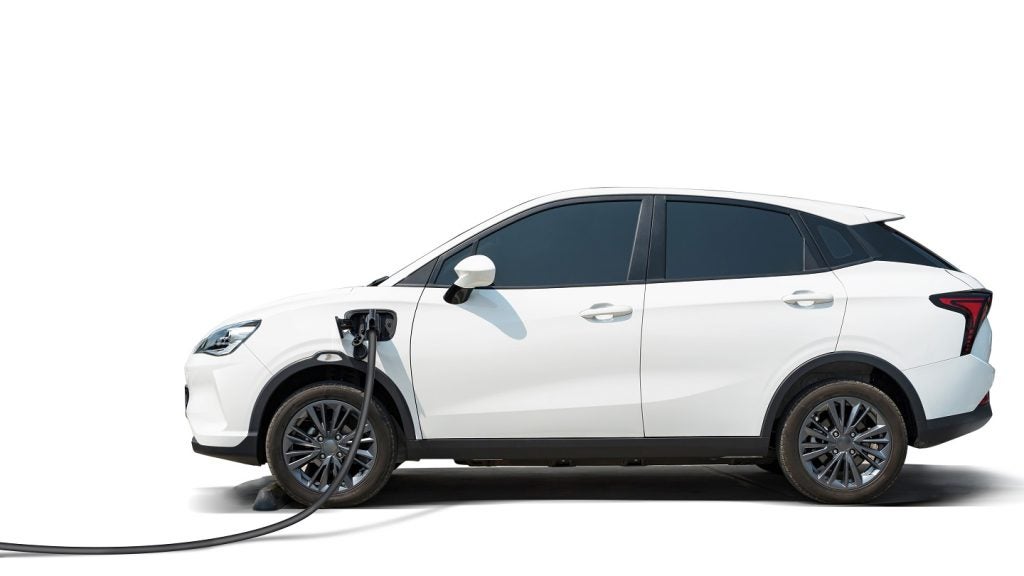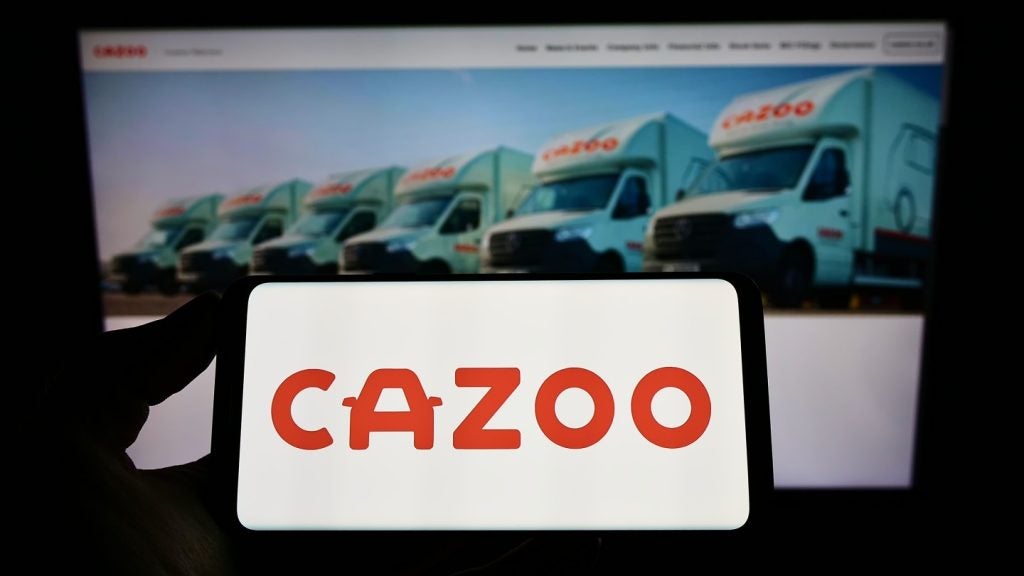
The quest for sustainable mobility has gained momentum in recent years, with electric cars and hydrogen cars emerging as frontrunners in revolutionising transportation.
These technologies offer differing approaches to sustainability, each with its technological nuances, cost implications, and environmental impacts. In this argument settler, we look at the differences and provide insights into the environmental and economic considerations associated with both types of vehicles.
Electric Cars: Electric cars rely on batteries to power electric motors, offering a promising solution for zero-emission transportation.
Pros:
- Lower initial costs compared to hydrogen cars.
- Generally more cost-effective to operate, with lower energy and maintenance expenses.
- Zero emissions during operation, although battery production poses environmental challenges.
- Growing electric charging infrastructure supports widespread adoption.
Cons:
- Limited range, which may not be adequate for long journeys.
- Environmental concerns associated with battery production, including lithium extraction and energy requirements.
- Maintenance costs and insurance premiums can be higher compared to conventional vehicles.
Hydrogen Cars (Fuel Cell): Hydrogen cars use fuel cells to generate electric power from hydrogen and oxygen, offering potential advantages in range and refuelling times.
How well do you really know your competitors?
Access the most comprehensive Company Profiles on the market, powered by GlobalData. Save hours of research. Gain competitive edge.

Thank you!
Your download email will arrive shortly
Not ready to buy yet? Download a free sample
We are confident about the unique quality of our Company Profiles. However, we want you to make the most beneficial decision for your business, so we offer a free sample that you can download by submitting the below form
By GlobalDataPros:
- Extended range and rapid refuelling times, comparable to traditional vehicles.
- Considered zero-emission vehicles, although hydrogen production may result in CO2 emissions.
- Particularly suitable for heavy vehicles and specific applications.
Cons:
- Higher initial costs compared to electric cars.
- Limited hydrogen refuelling infrastructure, although investments are increasing.
- Environmental concerns associated with hydrogen production, including energy requirements and CO2 emissions.
Environmental impact: Assessing the environmental footprint of electric and hydrogen cars requires a comprehensive evaluation of their respective production processes and energy sources.
- Electric Car Battery Production: Lithium extraction and battery manufacturing entail environmental impacts, albeit mitigated by renewable energy sources.
- Hydrogen Production: Hydrogen production methods, such as electrolysis and natural gas reforming, necessitate careful consideration of energy sources and emissions.
Costs, infrastructure, and maintenance: The transition to electric mobility faces challenges related to costs, infrastructure, and maintenance.
- High initial costs and limited charging infrastructure hinder the widespread adoption of electric cars.
- Maintenance costs, insurance premiums, and battery replacement concerns further complicate the transition.
The journey towards sustainable mobility necessitates a nuanced understanding of the trade-offs associated with electric and hydrogen cars. Both technologies hold promise in reducing pollution and promoting sustainability, but their adoption hinges on collaborative efforts to address technological, economic, and environmental hurdles.







